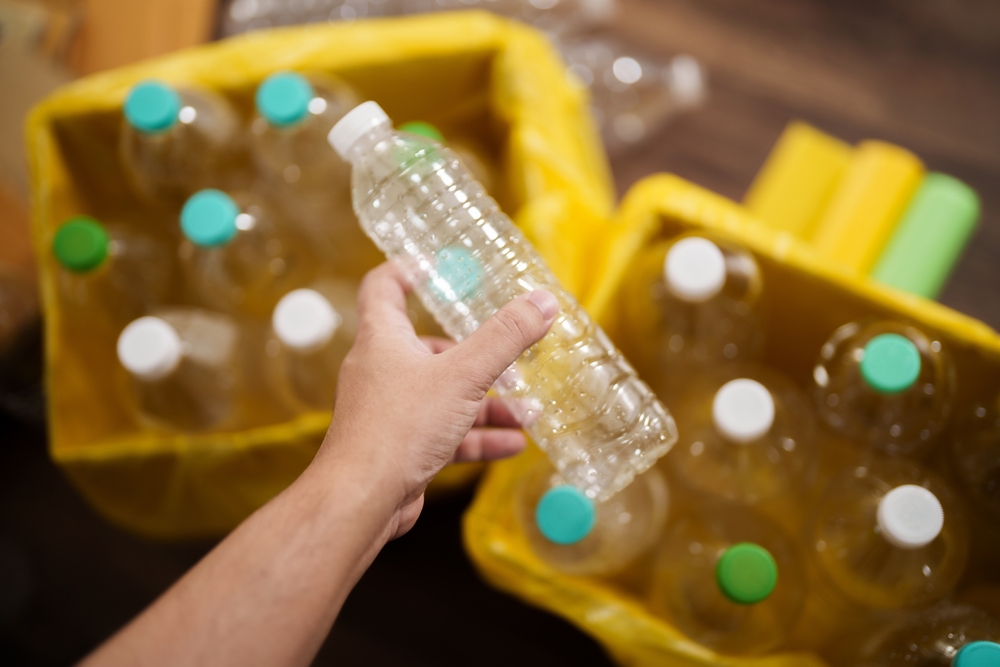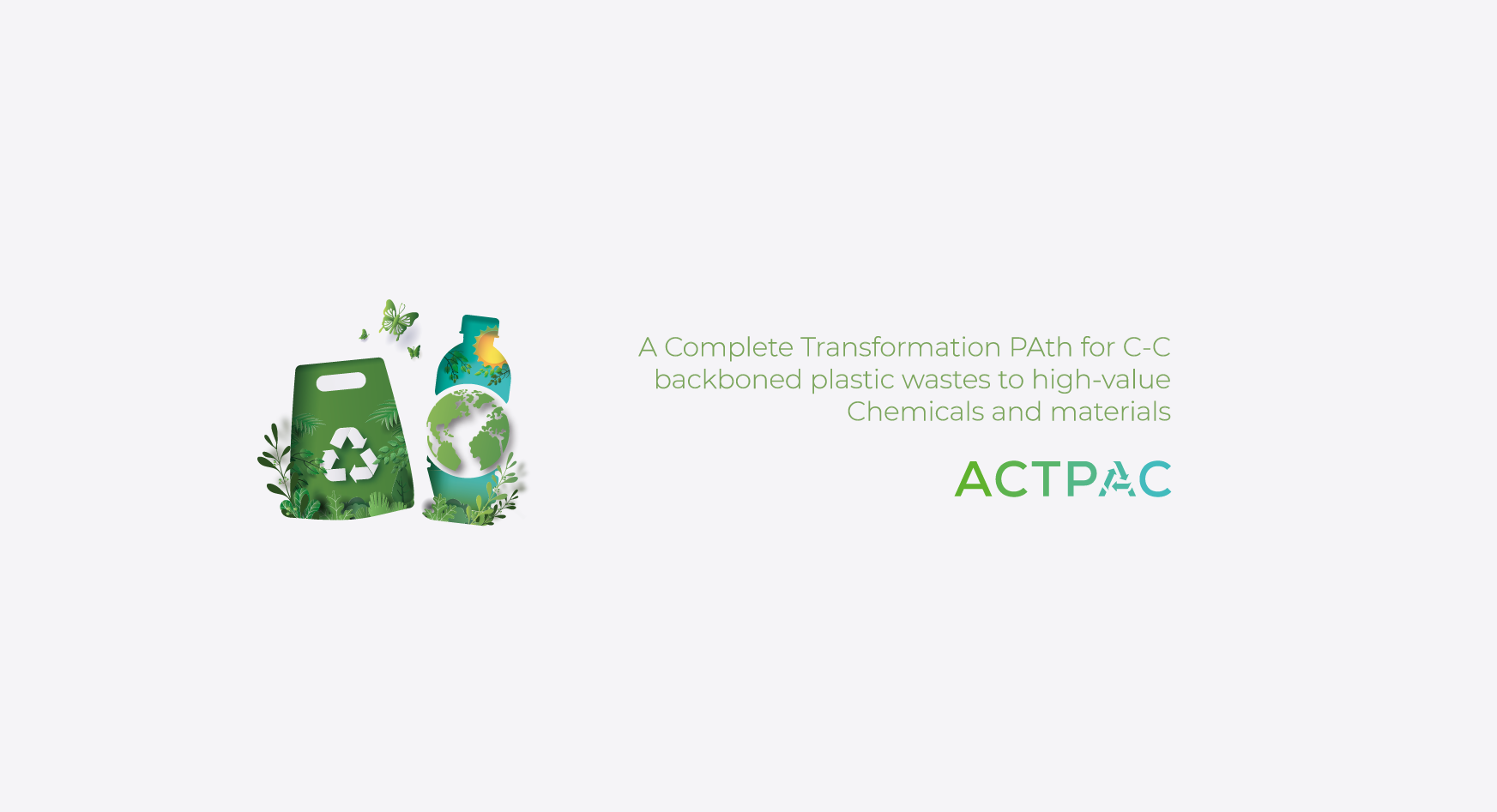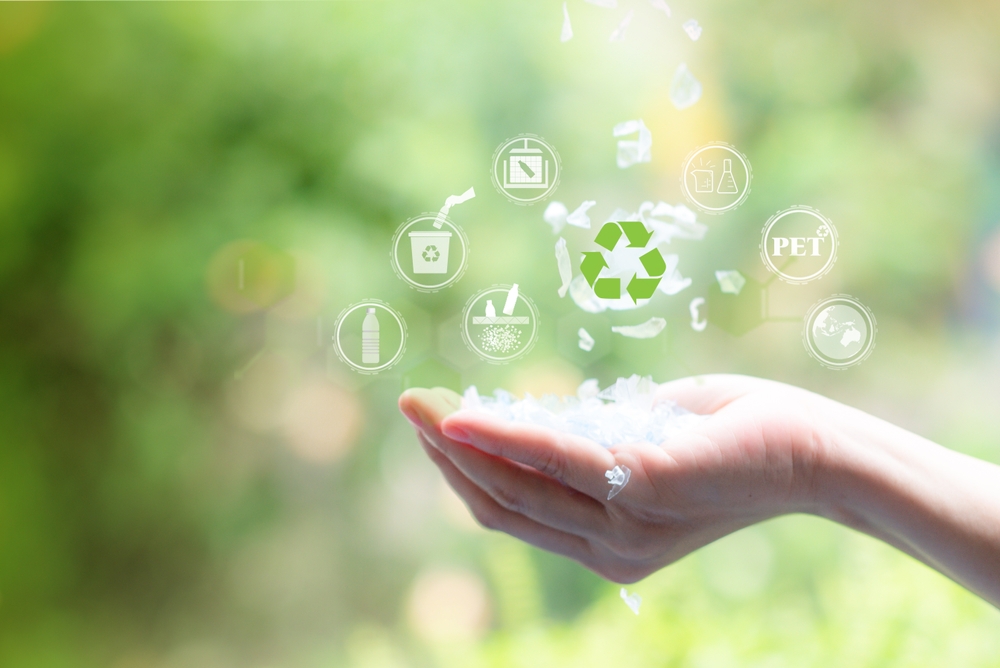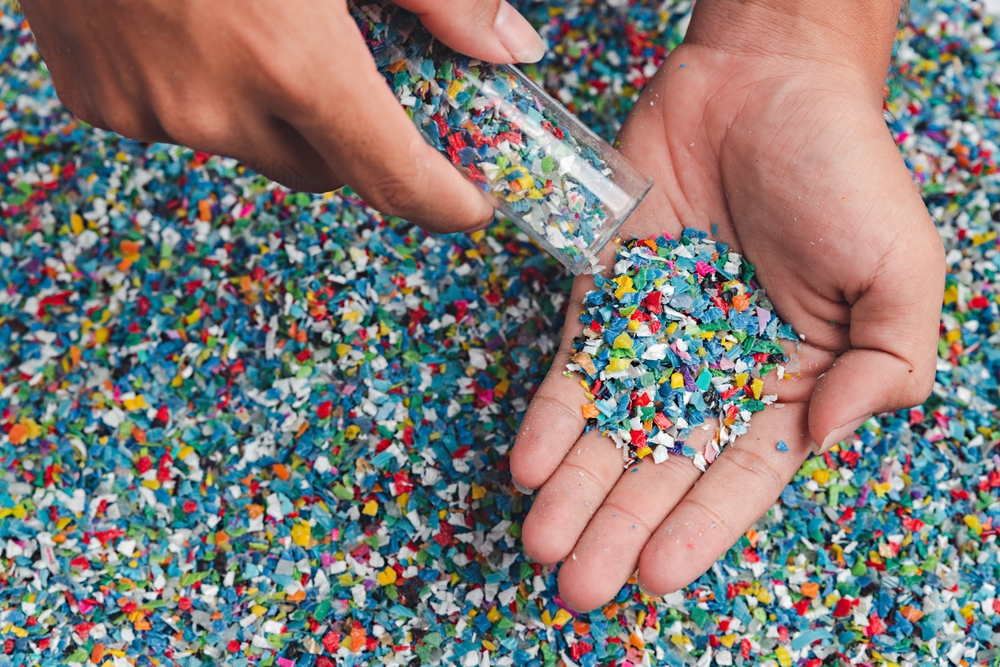
Austria accelerates recycling efforts to meet EU circular economy goals
Plastic waste is a critical issue for Austria as the country works to align with the European Union’s ambitious recycling targets. By 2025, EU member states are required to recycle at least 50% of plastic packaging, increasing to 55% by 2030 [1]. Currently, Austria’s recycling rate for plastic packaging sits at approximately 25%, highlighting the need for substantial improvements [2].
Recycling Challenges and Solutions in Austria
Austria faces several hurdles in its recycling system, particularly with polyethylene terephthalate (PET) bottles and other plastic packaging. To address this, the Austrian government is implementing a dual approach:
- Deposit return systems (Pfand): Austria plans to introduce a deposit return system for beverage bottles, similar to those successfully implemented in in the neighboring country of Germany. These systems, which incentivise the return of bottles for recycling, have proven to significantly increase recycling rates while reducing litter [2].
- Improving the yellow bin system: A key measure to enhance plastic collection is the gradual introduction of the yellow bag alongside the existing yellow bin. This system allows households to collect lightweight packaging and plastics more conveniently, particularly in areas where storage space is limited.
The yellow bag initiative aims to boost participation in waste sorting while reducing contamination, which often limits the recyclability of collected materials. By making the system more accessible and efficient, Austria hopes to increase the quality and quantity of recyclable plastics, moving closer to EU targets [2].
Aligning with EU goals through collaboration
Austria’s recycling initiatives are part of a broader European effort to transition to a circular economy. EU programmes such as Horizon Europe provide funding for innovative technologies and infrastructure modernisation that are critical to achieving these goals [3].
ACTPAC, is funded by Horizon Europe and focuses on upcycling polyethylene (PE) waste into high-value biodegradable polyesters. By developing advanced catalysts and processes, ACTPAC offers a zero-waste solution to managing plastic waste while creating new materials for sustainable industries. The project exemplifies how EU-funded initiatives are driving innovation in recycling technologies, with Austria serving as an example of how national efforts can align with EU-wide ambitions for a circular economy [4].
By combining new recycling infrastructure with behavioural change initiatives and leveraging Horizon Europe projects such as ACTPAC, and national efforts to meet EU targets such as in Austria, the environmental challenges posed by plastic waste can be addressed. The success of these measures will not only determine the nation’s progress but might also serve as an example for other member states.
Author: Lena Reindl
Links
[1] European Commission, “A European strategy for plastics in a circular economy,” Jan. 16, 2018. [Online]. Available: https://ec.europa.eu/environment/plastics-strategy/
[2] L. Eichtinger, “Pfand und gelbe Tonne: Wie Österreich verlorene Kilometer im Plastikrecycling wettmachen will,” Der Standard, Nov. 16, 2024. [Online]. Available: https://www.derstandard.de/story/3000000243928/pfand-und-gelbe-tonne-wie-oesterreich-verlorene-kilometer-im-plastikrecycling-wettmachen-will
[3] European Union, “Horizon Europe: EU research and innovation programme,” 2023. [Online]. Available: https://research-and-innovation.ec.europa.eu/
[4] ACTPAC, “Home – ACTPAC,” 2024. [Online]. Available: https://www.actpac.eu/
Keywords
Austria recycling, circular economy, EU recycling targets, plastic waste management, deposit return systems, Pfand, yellow bin system, yellow bag, Horizon Europe, ACTPAC, polyethylene (PE) upcycling, biodegradable polyesters, sustainable materials,PET


